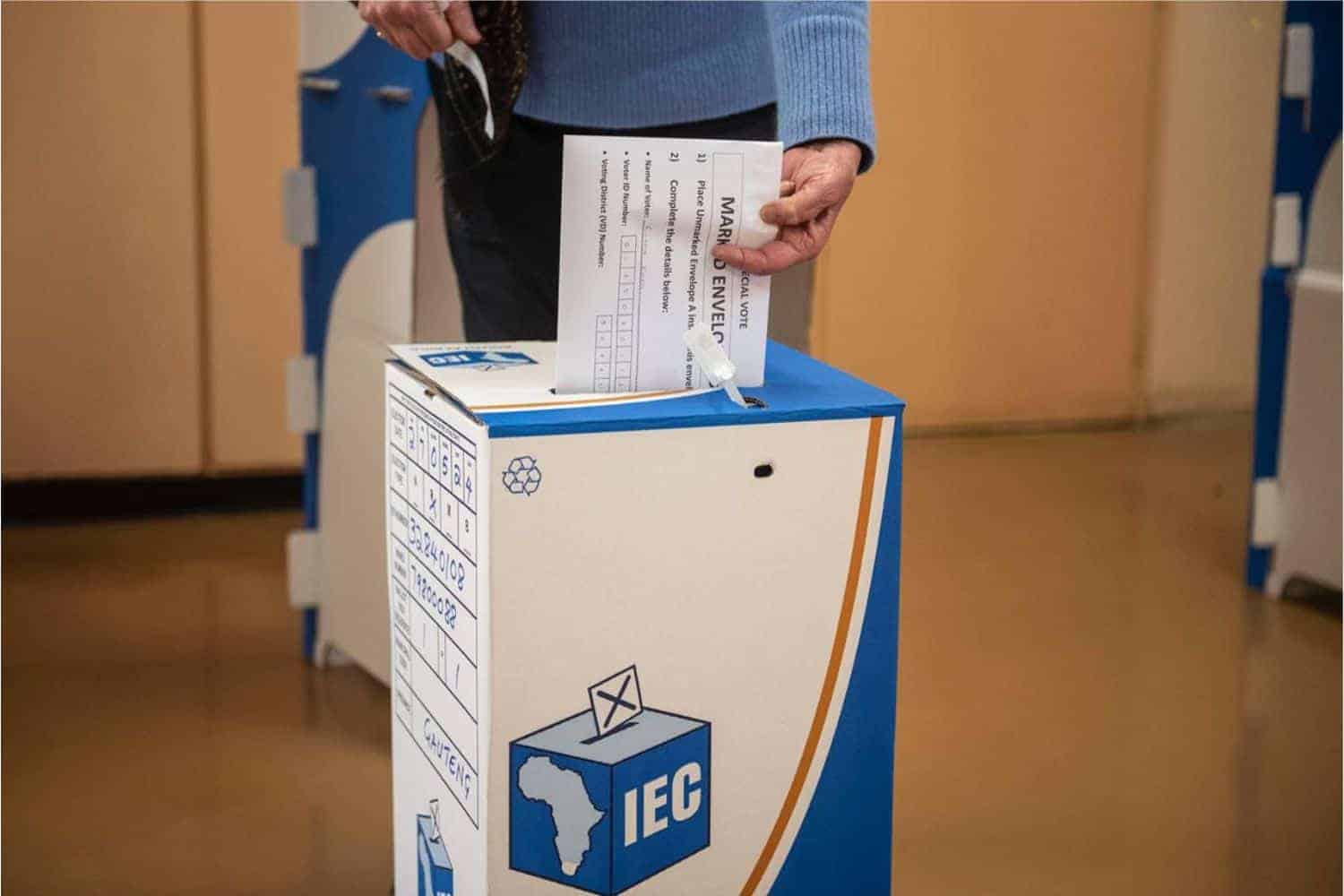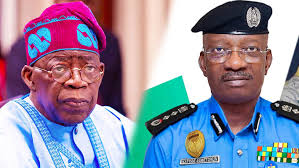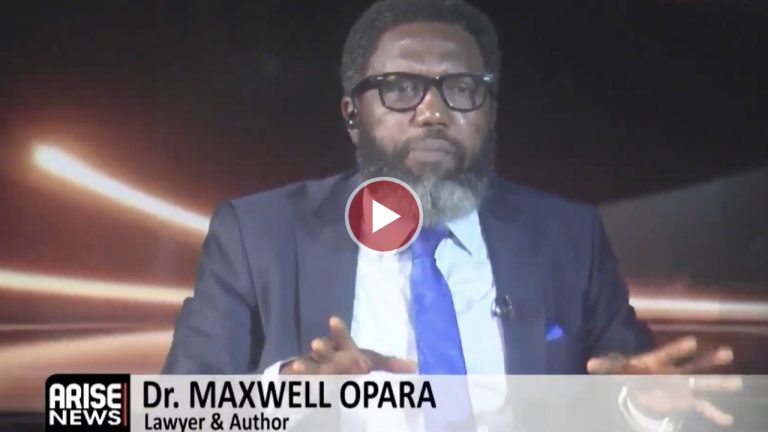
ActionSA has submitted a notice to introduce a bill to regulate the publication of political polling data.
The Electoral Laws Amendment Bill would establish a polling ombudsman to regulate the publication of political opinion and exit poll data.
ActionSA believes the establishment of such an ombudsman could help guard against politically aligned organisations distorting information while ensuring donor and sponsorship transparency.
Polling data manipulation
The draft private members’ bill was introduced by parliamentarian Lerato Ngobeni, who referred to it as the Electoral Integrity Bill.
Ngobeni said its primary goal was to “enhance election integrity by requiring all published polls to disclose sponsors, methodologies, and other relevant information”.
ActionSA believes that polls allow publishers to shape public discourse, media coverage, and campaign strategies; ultimately, swaying voters.
“In the absence of clear and formal regulation to avoid the concealment of any methodological flaws or sponsorships, publication of political opinion polls could result in the dissemination of unverifiable or manipulated polling data,” stated Ngobeni.
As well as a new ombudsman, the bill would mandate the registration of polling entities and prohibit the publishing of polling data in the weeks before an election.
Ngobeni said the bill was necessary to avoid “manipulated polling data becoming tools for misinformation, manipulation, and electoral interference without recourse or sufficient scrutiny”.
Open for comment
Organisations and political parties can submit written representations to parliament or to ActionSA by 23 November.
If the bill were adopted, the ombudsman would become an office under the Electoral Commission of South Africa.
It would be responsible for the “registration of a person wishing to officially print, publish or distribute the results of any political opinion polling or exit poll”.
Additionally, the polling ombudsman would be responsible for auditing compliance, investigating complaints, issuing fines and maintaining a public database of polling entities.
In tracking the policing entities, the bill would require disclosure of data-collection techniques, the funding of the poll, and the identities of the organisations linked to the poll.
To avoid misrepresentation, the bill would also require disclosure of the sample size and the geographic and demographic composition of those polled.
“Currently, South Africa lacks specific legal provisions governing the conduct, publication, and dissemination of political opinion polling during or before election periods.
“This places us behind countries such as Brazil, Canada, France and Italy, which all have regulations for political polling,” Ngobeni concluded.
NOW READ: Ramaphosa’s political party funding revisions slammed



